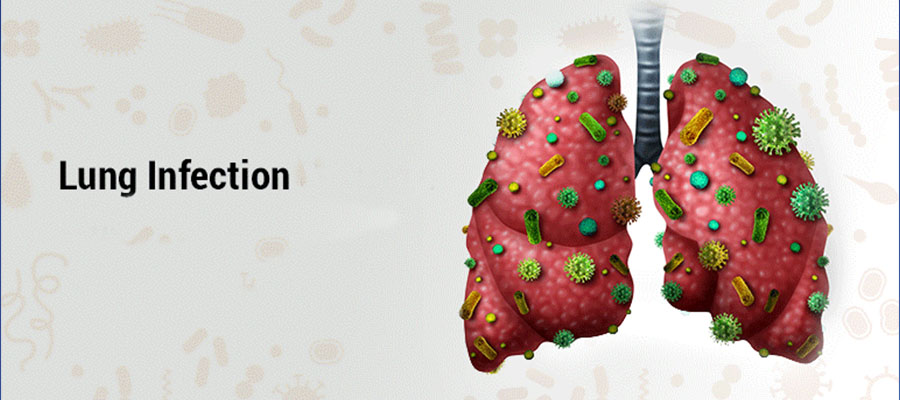Lung Infection
Home » Lung Infection

Lung Infection
Pneumonia is an infection of the lungs that may be caused by bacteria, viruses, or fungi. The infection causes the lungs’ air sacs (alveoli) to become inflamed and fill up with fluid or pus. That can make it hard for the oxygen you breathe in to get into your bloodstream. The symptoms of pneumonia can range from mild to severe, and include cough, fever, chills, and trouble breathing.
Many factors affect how serious a case of pneumonia is, such as the type of germ causing the lung infection, the person’s age, and their overall health. The people most at risk are infants and young children, adults 65 or older, and people who have other health problems.
Pneumonia is a leading cause of hospitalization in both children and adults. Most cases can be treated successfully, although it can take weeks to fully recover. Tens of thousands of people in the U.S. die from pneumonia every year, most of them adults over the age of 65.
Pneumonia can be caused by a wide variety of bacteria, viruses and fungi in the air we breathe. Identifying the cause of your pneumonia can be an important step in getting the proper treatment.

